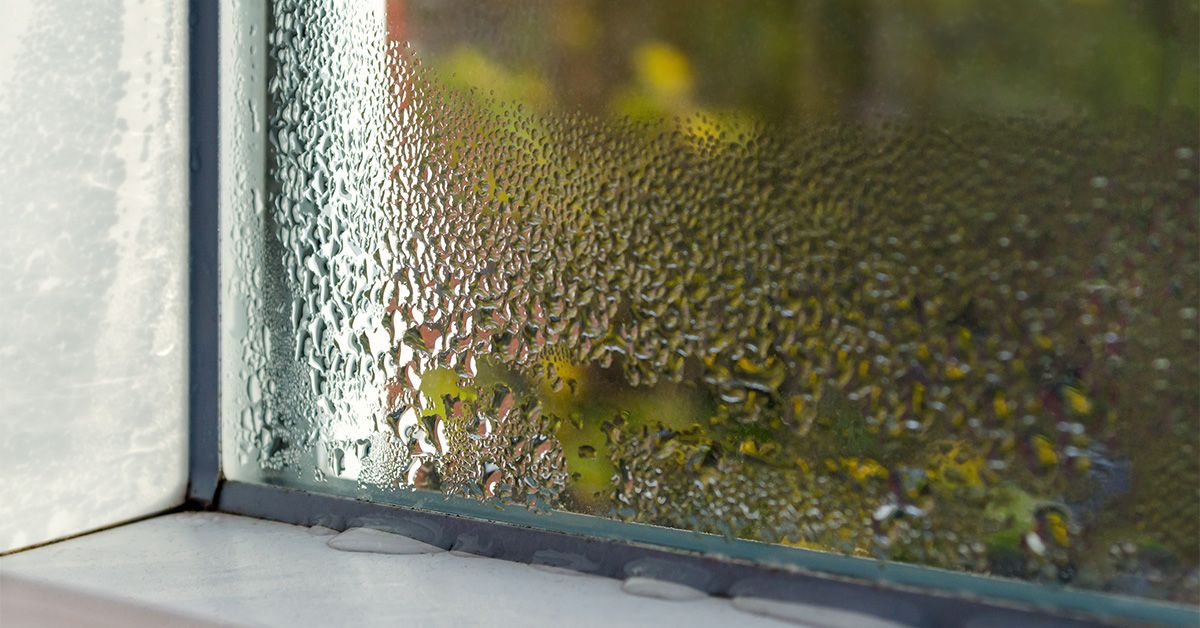What You Need for Optimal Comfort in Your Tallahassee-Area Home

Let’s play a word association game. Based on the below words, what other word most comes to mind?
- Clammy
- Stifling
- Sultry
- Thick
- Soggy
- Sweltering
- Muggy
- Heavy
- Damp
- Oppressive
If you think you know the word we’re seeking, skip this paragraph. If not, we’ll give you another hint: what it feels like when your HVAC system breaks down in July.
OK, you’ve undoubtedly got it now and know that the word we’re talking about is “humid,” though we’ll certainly take “humidity,” too. Of course, no one wants to feel that word because of an air conditioning breakdown on a super-hot summer day. And if you didn’t know, while the heat may feel overwhelming in such an event, the humidity will primarily drive your discomfort.
As expert Tallahassee-area HVAC specialists, the Air Control Heating and Cooling technicians know a thing or two about humidity. And if your air conditioning breaks down on a stifling summer day, our HVAC service can get it back online to cool your home or business and restore comfortable indoor humidity levels. But this begs the question of what is the ideal humidity for optimal indoor comfort? Read on to find out!
What Exactly is Humidity?
Simply put, humidity accounts for the amount of moisture in the air, a factor dictated by the temperature, which affects the air’s capacity to hold water vapor. Warmer temperatures allow the air to retain more water vapor, while cooler temperatures enable the air to retain less. From living in the north-central Florida area, you know that humid air creates the uncomfortable conditions referenced by our word association game at the beginning of this article. This happens because humid air impedes our bodies’ natural ability to cool themselves by sweating.
To complicate matters, humidity is measured in different ways. Absolute humidity is the density of water vapor in a given area of air, which is generally measured in grams per square meter. Relative humidity measures the absolute humidity against the highest possible amount of water vapor the current temperature may allow. The relative humidity is typically what weather forecasters report when discussing humidity. Thus, when the forecaster reports 60% humidity, it means that the air is 60% saturated but can hold 40% more moisture. At 100%, it is undoubtedly raining, though note that the plus-100% relative humidity is only needed up in the clouds to cause rainfall.
Recommended Humidity Levels Throughout the Year
Depending on the temperature, relative outdoor humidity levels of between 30-60% are the most comfortable, while the ideal relative humidity levels for indoor comfort are between 45-55%. Given that Tallahassee’s average daily relative humidity levels often top 80% during the year, keeping your indoor air’s relative humidity levels within the 45-55% range will help keep your home cool, dry, and comfortable. Naturally, the 45% range will feel the most comfortable during our hottest and dampest months; however, achieving it will likely result in much higher energy costs than shooting for 50-55%.
How to Achieve and Maintain Ideal Humidity Levels
Along with managing temperatures, your home’s HVAC system is your primary tool for managing indoor relative humidity levels. Your air conditioner naturally dehumidifies your home as part of the cooling process, so keeping your system in peak operating condition ensures you can achieve and maintain ideal humidity levels. With this in mind, you might want to consider a membership in our Air Control Club, which provides regularly scheduled maintenance, inspections, and other benefits that will optimize HVAC performance.
Other tips for managing your home’s humidity include:
- Run fans when showering, cooking, and doing laundry to help remove damp air.
- Use fans to help keep the indoor air moving and to disperse water vapor.
- Add insulation to your home, which improves the barrier between indoor and outdoor air.
- Ensure your gutters are clear and your home’s outdoor drainage is working.
- If your HVAC system is undersized for the home or suffering from an age-related decrease in efficiency, consider a new installation.
- Another option to improve your HVAC system’s humidity control is to install a dehumidifier directly to your existing air conditioning system.
- You can also purchase a stand-alone dehumidifier, but this will require hands-on monitoring and management.
Speak to the Air Control Team About Your Indoor Humidity
If you’re having difficulty maintaining ideal humidity levels in your home or business, consult the experts at Air Control Heating and Cooling. To address any HVAC needs in the Tallahassee, Havana, Quincy, Monticello, and Crawfordville areas, contact us today at (850) 562-1234.